
views
Canadian Prime Minister Justin Trudeau’s statements since the diplomatic freeze between Ottawa and New Delhi over the killing of Khalistani terrorist Hardeep Singh Nijjar have not been consistent, top government sources told News18.
Officials said Trudeau went against diplomatic norms by “wrongly” naming India for a crime committed in Canada. “Nijjar was constantly in touch with Canadian intelligence agencies. Why was he not given protection then? Trudeau should retract his statement and stop defaming India,” an official said.
Trudeau on Friday underlined that a “fight” with India was not something Canada wanted to be having right now, but reiterated his allegations and said Ottawa wants to “work constructively” with New Delhi on this “very serious matter”. Addressing the media, he also alleged that India violated the Vienna Convention as over 40 Canadian diplomats were shifted from India after New Delhi threatened to strip them of their diplomatic immunity.
“From the very beginning when we learned of credible allegations that agents of the Indian government were involved in the killing of a Canadian citizen on Canadian soil, we reached out to India to ask them to work with us in getting to the bottom of this matter,” he said while addressing the media.
He said Canada also reached out to its friends and allies like the United States and others to work on this really serious violation of international law and of the sovereignty of a democracy and added that this is something that we are taking very seriously. “We will continue to work with all partners as law enforcement and investigative agencies continue to do their work. Canada is a country that will always stand up for the rule of law because if might starts to make right again, if bigger countries can violate international law without consequences, then the whole world gets more dangerous for everyone,” he added.
A diplomatic spat had erupted between India and Canada after Trudeau said in September that there were “credible allegations” of Indian involvement in the killing of Nijjar in suburban Vancouver in western Canada. Nijjar was a 45-year-old Khalistani sympathiser who was killed by masked gunmen in June in Surrey, outside Vancouver.
India has accused Canada of harboring separatists and “terrorists,” but dismissed the Canadian allegation of its involvement in the killing as “absurd.”
Questions have been raised as to why Nijjar was only warned about the threat to him but not offered protection. “Why was he only advised and not protected? Why close proximity protection was not given to him if credible intelligence was available against Indian agents?” an official questioned.
India last month announced an easing of its visa ban on Canadian nationals imposed more than a month ago. The announcement came days after Canada said it was recalling 41 of its 62 diplomats in India. That decision came after Canada said New Delhi warned it would strip their diplomatic immunity — something Canadian officials characterized as a violation of the Geneva Convention.
The Indian government last week rejected any notion that it violated international law in asking Canada to recall diplomats so that both governments have roughly the same number stationed in each country.













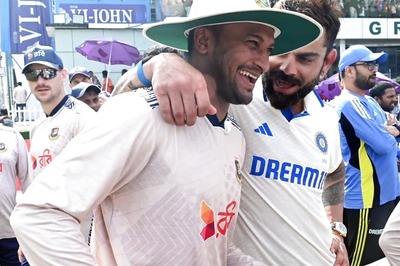

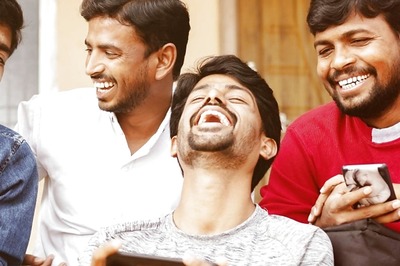
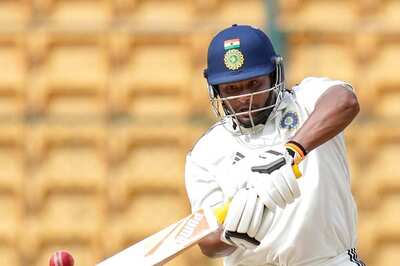
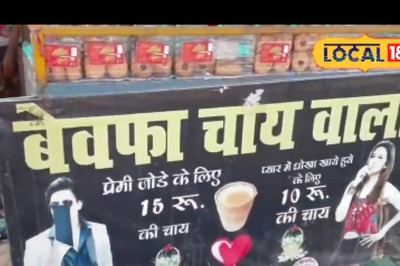
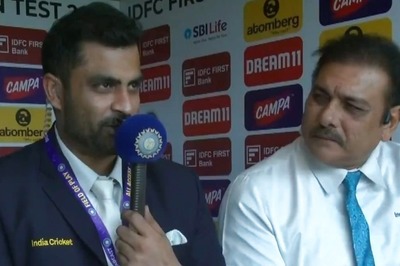
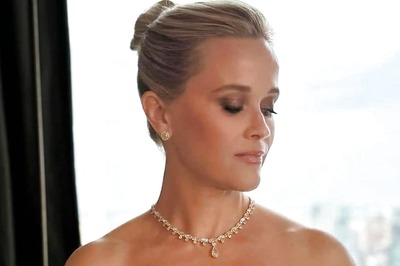
Comments
0 comment